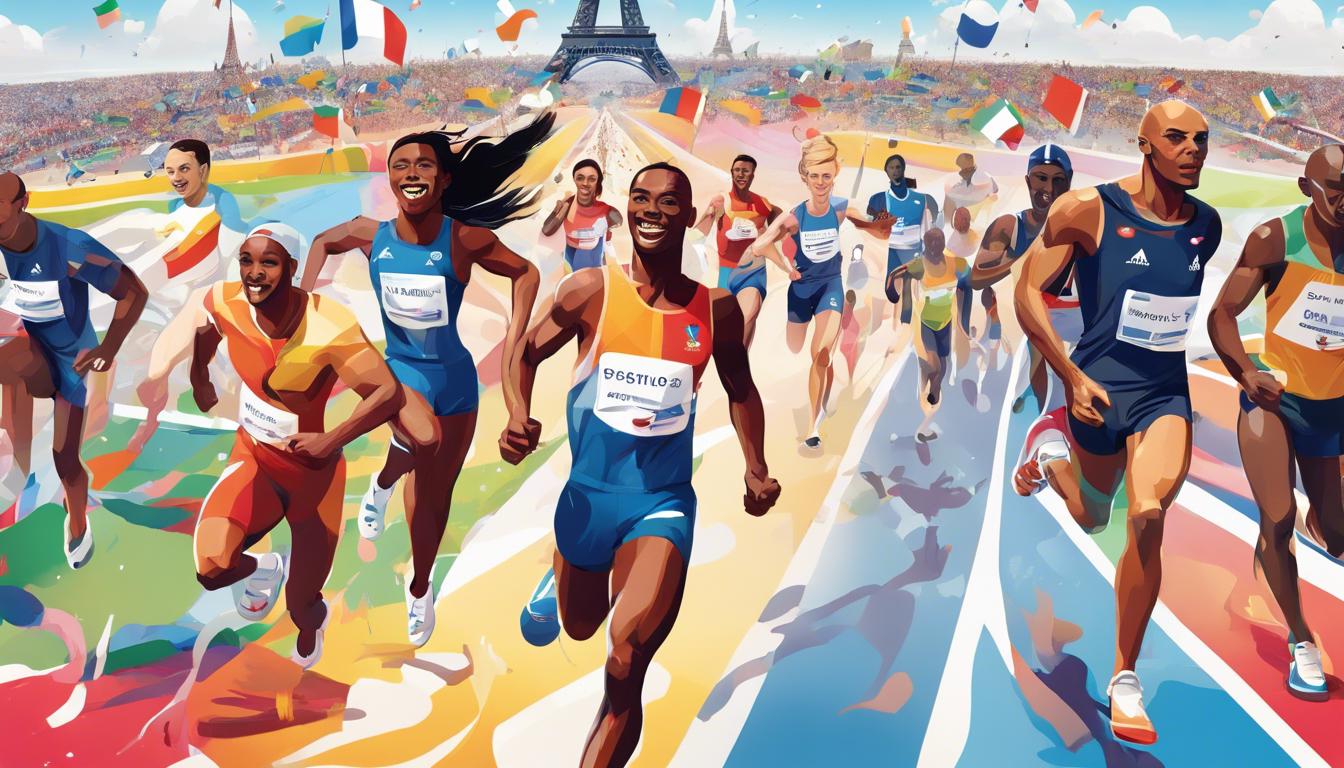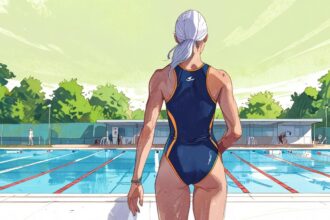The British government supports the participation of Russian and Belarusian athletes under a neutral flag at the Paris 2024 Olympics, aligning with IOC and IPC guidelines amidst geopolitical tensions.
The British government has recently endorsed the participation of Russian and Belarusian athletes in the Paris 2024 Olympics and Paralympics, subject to them competing under neutral status. This decision follows the guidelines set by the International Olympic Committee (IOC) and the International Paralympic Committee (IPC), which stipulate that these athletes will compete without national symbols, refrain from the opening and closing ceremonies, and will not be represented on the medal table. The vetting process will also ensure they have not endorsed the invasion of Ukraine. Sports Minister Stuart Andrew confirmed the UK’s position, which aims to maintain a delicate balance between the geopolitical landscape and the integrity of sports.
Concurrently, concerns have been raised over the quality of the water in the Seine River, Paris, which is slated to host Olympic swimming events. The Surfrider Foundation reported dangerously high levels of E.coli bacteria, suggesting a health risk for athletes. Despite these concerns, French authorities have invested around €1.4 billion in infrastructure improvements, including a new stormwater facility and sewage connections, to mitigate pollution. President Macron has expressed his confidence in the efforts, assuring the safety of the water for the games.
The UK’s backing of the IOC and IPC’s decision comes after initial hesitance, with government officials and Secretary of State Lucy Frazer expressing concerns over the participation of athletes from Russia and Belarus. However, the revised neutrality conditions, which include a ban on athletes publicly supporting the Ukraine invasion or being contracted to the military, have been deemed satisfactory by the UK. The government’s support does not extend to athletes representing their nations in international competitions, emphasizing the importance of maintaining neutrality to ensure fair competition amidst complex geopolitical tensions.
As the Paris 2024 Games approach, with events scheduled between July and September, the international sporting community continues to navigate the challenges posed by political unrest and the commitment to inclusivity and sportsmanship. The UK’s acceptance of Russian and Belarusian athletes under neutrality guidelines reflects an attempt to uphold the principles of international sports while acknowledging the ongoing geopolitical landscape.













